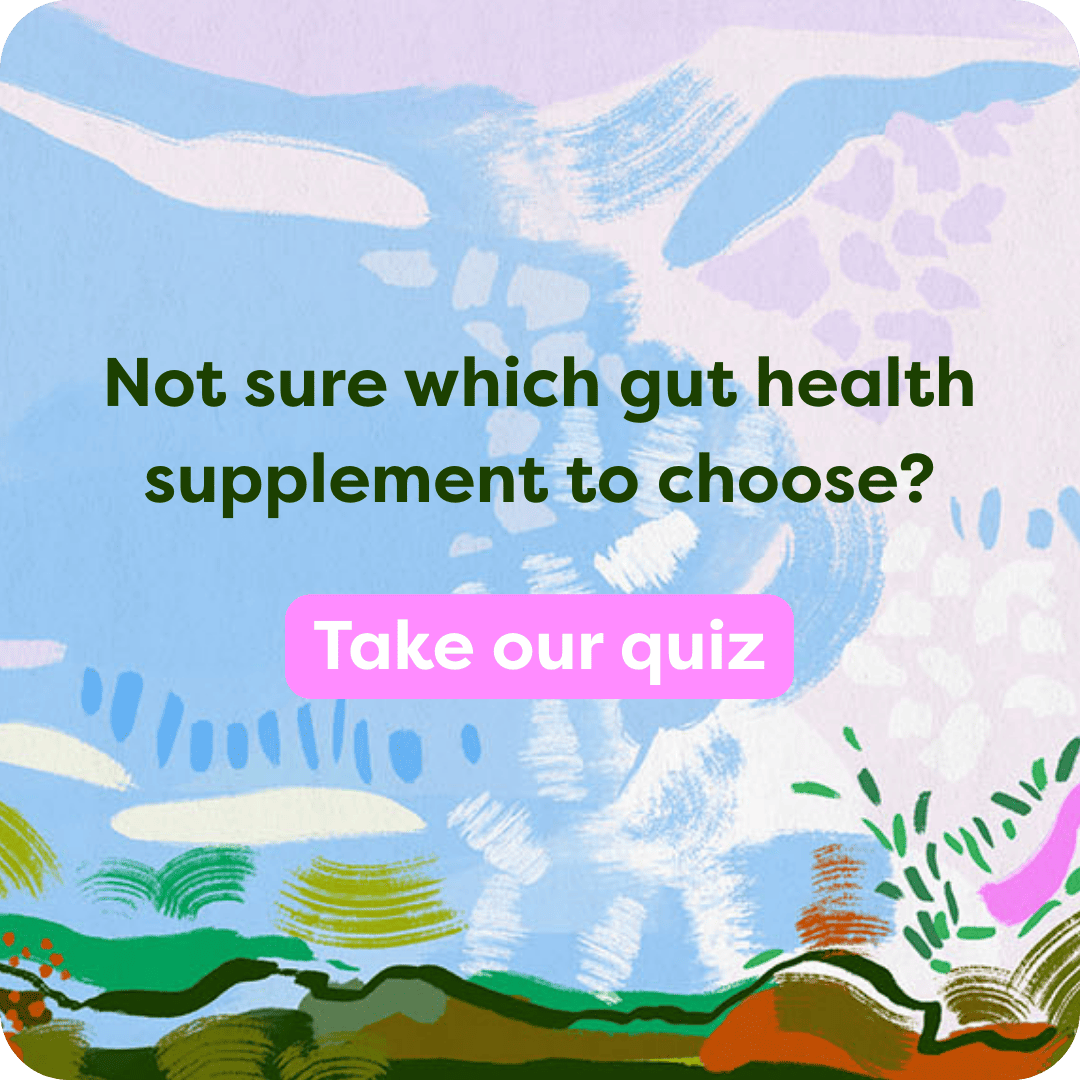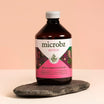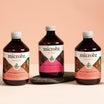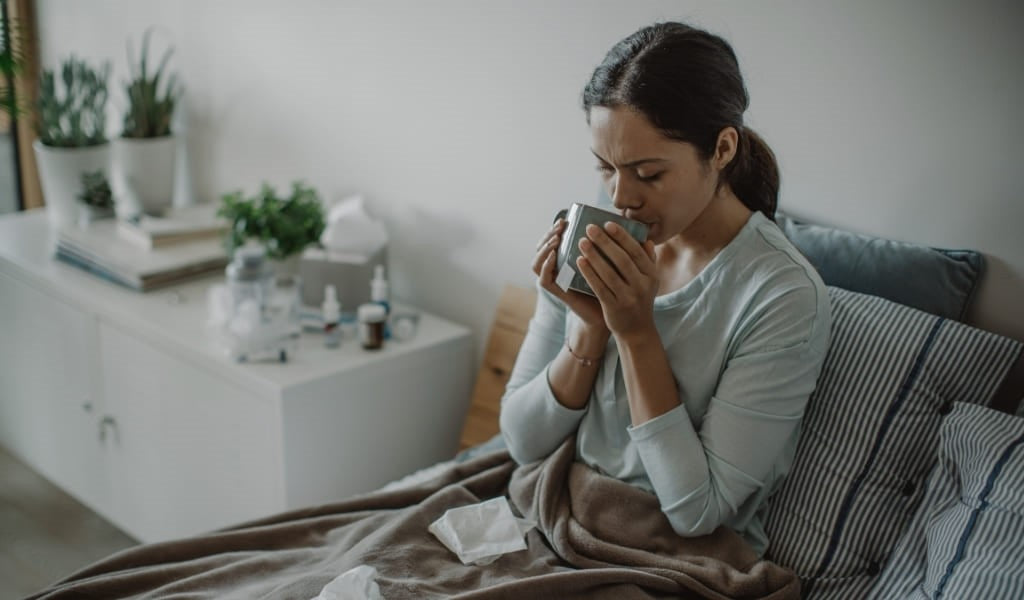Over a century ago, Alexander Fleming discovered penicillin, and since then, millions of lives have been saved with antibiotics. Now, with recent advances in electron microscopes over the last 30 years, we have more in-depth knowledge of both antibiotics and probiotics and their roles in human health.
Being informed about antibiotics and probiotics enables you to take an active role in managing your health and making choices that promote your well-being.
Knowing about antibiotics helps you understand when they are necessary for treating bacterial infections and how to use them responsibly to prevent antibiotic resistance.
Awareness of probiotics allows you to explore options for supporting gut health and maintaining a balanced microbiome. This knowledge can help you choose suitable probiotic supplements or incorporate probiotic-rich foods into your diet.
So here goes: Antibiotics and Probiotics – what are they?
Antibiotics are medications used to treat bacterial infections. They work by killing or inhibiting the growth of bacteria. They are vital for treating infections, but antibiotics can also disrupt the balance of the gut microbiome, leading to side effects like diarrhea.
Probiotics are live microorganisms, often referred to as "good" or "helpful" bacteria, that can be consumed to support gut health. They can be found in supplements or fermented foods like yoghurt, kefir, and sauerkraut. Probiotics can help restore the gut microbiome after antibiotic use and may offer other health benefits, such as improved digestion and immune function.
Can they be taken together?
Yes, antibiotics and probiotics can generally be taken together, but it's important to follow some guidelines:
Timing: Take probiotics at least 2-3 hours apart from antibiotics. This allows the antibiotic to work without being affected by the probiotic, and vice versa.
Duration: Continue taking probiotics for a few weeks after finishing the antibiotic course to help restore the gut microbiome.
Here are some of the best probiotics for antibiotics that microbz create
What is antimicrobial resistance?
Antimicrobial resistance (AMR) is a serious global health threat. We now see that many antibiotics no longer work to fight some infections. This happens when microorganisms like bacteria, viruses, fungi, and parasites evolve to resist the effects of antimicrobial drugs, like antibiotics, antivirals, antifungals, and antiparasitics. Therefore, infections are harder to treat which can lead to prolonged illness, disability, and death.
How does AMR happen?
- Overuse and misuse of antibiotics are major contributors to AMR.
- And the spread of resistant bacteria can occur through person-to-person contact, contaminated food and water, and the environment.
- Prevention of AMR includes responsible antibiotic use, good hygiene practices, vaccination, and infection control measures.
AMR is a complex issue with significant implications for human health. It's crucial to be aware of the problem and take steps to prevent its spread.
- Antibiotics: Taking antibiotics unnecessarily or incorrectly can contribute to AMR. It's crucial to follow healthcare professional's instructions and only take antibiotics when necessary.
- Probiotics: While probiotics can help restore gut health, they do not directly address AMR. Some studies suggest that certain probiotics might help prevent the spread of resistant bacteria, but more research is needed.
How can I personally prevent the spread of AMR?
You can take the following steps:
- Only take antibiotics when prescribed by a healthcare professional. Do not self-medicate or share antibiotics with others.
- Follow your healthcare professional's instructions for taking antibiotics. This includes taking the full course of medication, even if you feel better before it's finished.
- Practice good hygiene. Wash your hands frequently with soap and water, especially after using the bathroom, before handling food, and after contact with sick people.
- Avoid close contact with sick people. If you are sick, stay home to avoid spreading infection.
- Get vaccinated. Vaccines can help prevent infections and reduce the need for antibiotics.
- Support responsible antibiotic use in agriculture. Choose meat and poultry that has been raised without the routine use of antibiotics.
Remember, AMR is a growing global health threat, but by taking these simple steps, you can help prevent its spread and protect yourself and others.
What about prebiotics, should I take them too?
Prebiotics are a type of dietary fibre that humans can't digest, but beneficial gut bacteria can. They act as "food" for probiotics, promoting their growth and activity in the gut. Prebiotics are found in various plant-based foods like fruits, vegetables, and whole grains.
Prebiotics:
- provide nourishment for beneficial gut bacteria, helping them thrive and maintain a healthy balance in the gut microbiome.
- are naturally present in many plant-based foods, making them easy to incorporate into your diet.
- have been associated with improved digestion, enhanced immune function, and other health benefits.
So, while antibiotics can disrupt the gut microbiome, prebiotics can help support the growth of beneficial bacteria and aid in its recovery after antibiotic use.
Prebiotics work synergistically with probiotics, providing them with the necessary fuel to flourish and maximise their beneficial effects.
Prebiotics play a crucial role in gut health by supporting the growth and activity of beneficial bacteria. Incorporating prebiotic-rich foods into your diet, along with a quality probiotic, can be a simple and effective way to promote a healthy and diverse gut microbiome.
Supercharge your healthy gut microbiome
Using this knowledge on probiotics and prebiotics can protect you from infection and inflammation. After all, your immunity and resilience from disease lives in your gut – your best insurance policy against needing antibiotics in the first place.







